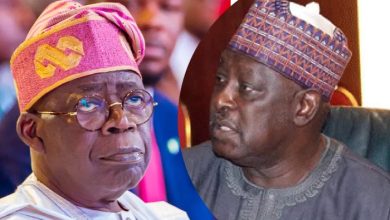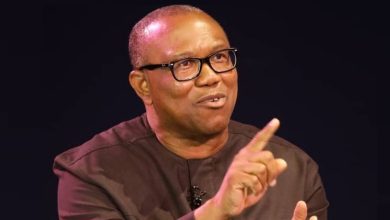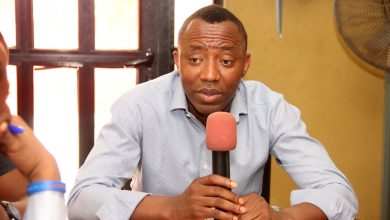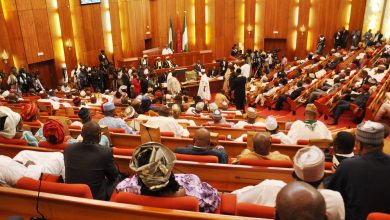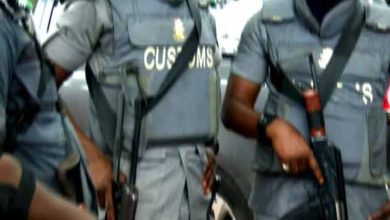Bayelsa Proposes Creation of 33 LGAs, State-Controlled Police, Electoral and Judicial Reforms
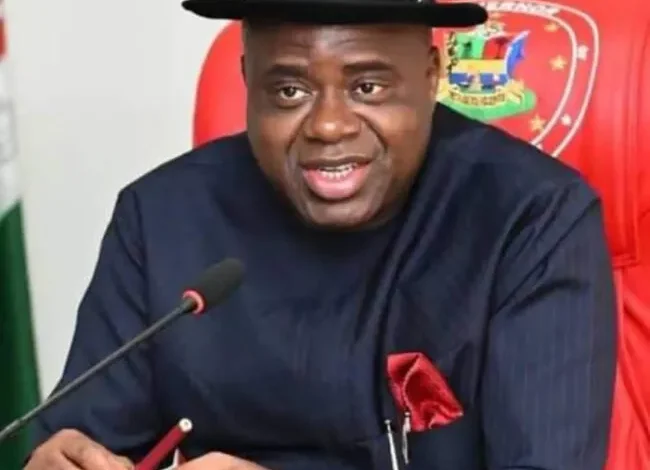
A request has been filed by Bayelsa State to establish 25 more local government areas in addition to the state’s current eight.
Additionally, the state proposed judicial, electoral, and budgetary federalism reforms, as well as the establishment of state police.
The state’s position was presented by Mr. Biriyai Dambo, a Senior Advocate of Nigeria and the Attorney General and Commissioner for Justice, at the ongoing public hearing held on Saturday at the DSP Alamieyeseigha Banquet Hall in Yenagoa by the South South Centre A (which includes Bayelsa, Delta, and Edo) of the House of Representatives’ Committee on the Review of the 1999 constitution.
Since some of the current local government regions had more than 150 communities, Mr. Dambo claimed that the state needed to establish new councils since the existing ones were overcrowded.
In accordance with Section 8(3) of the 1999 Constitution (as amended), the House of Assembly established the proposed councils, and the state argued that it had the financial means to support them.
In his proposal to restructure the nation according to the principles of fiscal federalism, Bayelsa stated that the federal government should receive 40% of all taxes paid by the federating states, while the states should keep 60% of the money generated by their resources.
Regarding state police, the state claimed that their establishment would improve states’ ability to combat crime and maintain proper security.
It further stated that Nigeria was ready for state policing and that the state police initiative was in line with true federalism.
Evaluations of the local government system and autonomy, the legislative and exclusive lists, electoral reforms to bolster the Independent National Electoral Commission, and judicial reforms were all equally important to the state’s stance.
Senator Douye Diri, the governor of Bayelsa State, stated earlier that the cornerstone of any strong democracy is the voters’ fundamental right to modify the constitution that established their system of government.
A review of the constitution, he said, guarantees that it is a dynamic document that changes to meet the shifting needs and goals of the people rather than a static framework.
A strong commitment to the creation of a federal system and structure that was “genuinely just, equitable, responsive, and demonstrably dedicated to the holistic development of not just the state or the Niger Delta region but also the Nigerian federation” was stated by Governor Diri as the main component of Bayelsa State’s demands.
He added that the people of Bayelsa wanted “historical injustices related to the inequitable allocation of resources, alongside the glaring disparities in the creation and distribution of local government areas to be corrected.”
Representatives Sir Monday Onyeme and Samson Osagie, the Attorney General, represented Delta State Governor Rt. Hon. Sheriff Oborevwori and Senator Monday Okpebolo, respectively, at the ceremony.
Read Also: Tragedy Ends Long Wait: Saudi Prince in Coma for 20 Years Dies
The constitution revision exercise, which both governors supported, will fix the shortcomings and close the holes in the current constitution, they stated.
The 1999 constitution had become a highly contentious text, they also pointed out.
Furthermore, the South South Center’s chairman Prof. Julius Ihonvbere, the House of Representatives’ Majority Leader and a Committee member, stated that each item submitted will undergo a thorough study and be given to the entire Constitution study Committee before to being discussed on the House floor.
In order for democracy to be more inclusive and participatory, Ihonvbere claimed that stakeholder engagement would improve Nigeria.
Representatives from the state, including Dr. Fred Agbedi (Sagbama/Ekeremor Federal Constituency), Mrs. Marie Ebikake (Nembe/Brass), Dr. Mitema Obordor (Ogbia), and Rodney Ambaiowei (Southern Ijaw), as well as Speaker of the Bayelsa State House of Assembly Rt. Hon. Abraham Ingobere and his Delta State counterpart Emomotimi Guwor, were also present.
Other dignitaries in attendance included King Alfred Diete-Spiff, the head of the state traditional rulers council, King Bubaraye Dakolo, the Amanyanabo of Twon-Brass, and other traditional leaders from Bayelsa, Delta, and Edo states.

